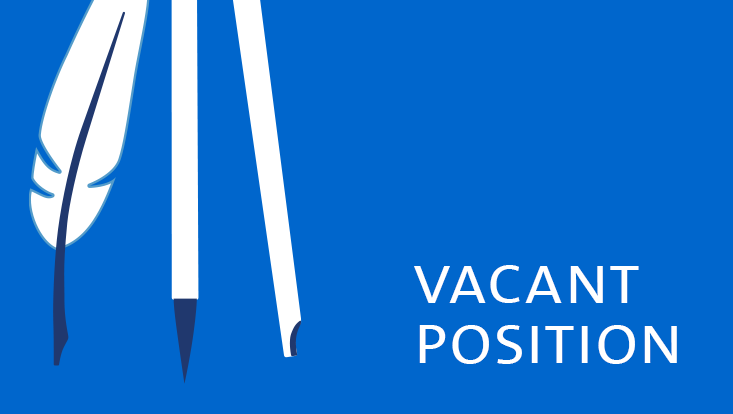'Excellence in Schools'Taking the Container Lab to School
16 June 2022

Photo: Karsten Helmholz
Before its first journey to India in autumn 2022, the Cluster’s new Container Lab was on the road in Hamburg this week. At Gymnasium Süderelbe, it was the focal point of an interactive programme introducing senior schools students to manuscript research.
The Container Lab enables researchers to examine written artefacts anywhere in the world. Before its first major journey – in late autumn 2022, it will go to Pondicherry where members of the Cluster will analyse South Indian palm-leaf manuscripts – two of the laboratory containers have now completed their first field trip. For now, they did not cross the ocean, though, but only the Elbe: on 14 and 15 June, the first edition of ‘Excellence in Schools’ took place at the Gymnasium Süderelbe. In an interactive programme, senior school students experienced how and why written artefacts are researched today.
Special attention was given to the connection between the humanities and the natural sciences. After an introduction by Michael Friedrich, the musicologist Andreas Janke and the Indologist Giovanni Ciotti explained to the 20 students how they work with manuscripts in their research, what questions arise in the process, and to what extent scientific analysis methods contribute to answering these questions. Following a session on the production of various inks by Claudia Colini, the students learned to apply these procedures practically in the main part of the programme. In small groups, they were able to conduct independent experiments in multispectral imaging (with Ivan Shevchuk and Kyle Ann Huskin), X-ray fluorescence analysis (with Sebastian Bosch), DNA analysis (with Anna Schulz) and proteome analysis (with Marina Creydt).
How the results from such experiments are processed into data was discussed by Lucas Voges in a session on bioinformatics. Finally, the focus turned back to the humanities: Andreas Janke, together with Markus Fischer, explained in a final discussion to what extent the methods learned foster a better understanding of specific questions.
In the future, the two-day programme will be offered to other Hamburg schools for senior students, thus giving a lively impression of what kind of work researchers at CSMC do and how, at first glance, very different disciplines can collaborate and benefit from each other. In this way, the Container Lab can not only benefit today’s scientists, but also arouse curiosity in the next generation.


